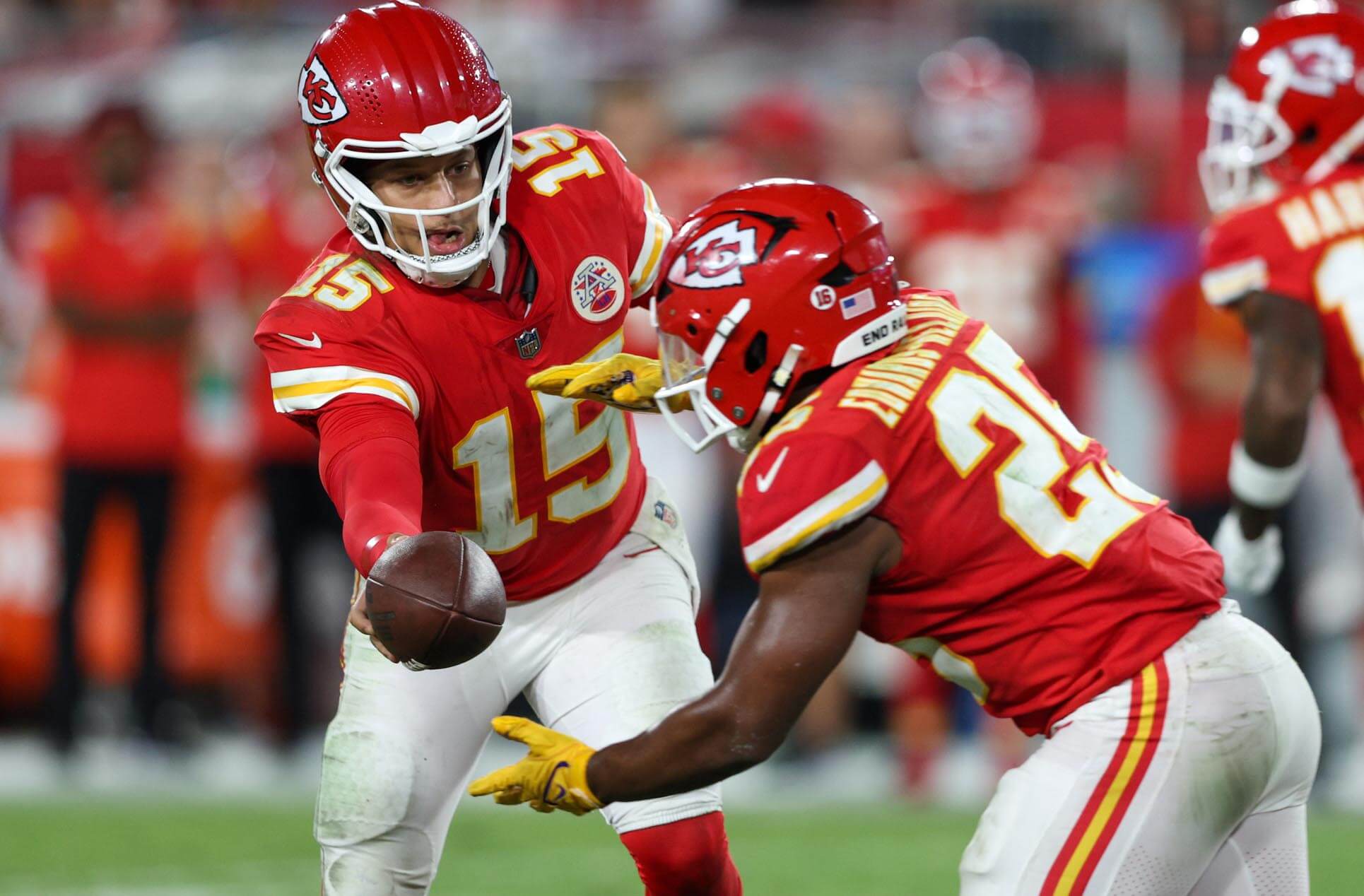Another interested party, the National Football League, sent a letter to the CFTC supporting its plan to prohibit sports-related event contract trading.
The legal sports wagering industry is asking a federal regulator for another possible way to hedge its bets — and those of its customers.
Thursday marked the final day for interested parties to submit comments to the Commodity Futures Trading Commission (CFTC) on a proposed rule that would prohibit regulated exchanges from listing certain contracts not in the public interest.
One activity that faces forbidden contracts is “gaming,” the definition of which would ban trading in (or de facto wagering on) elections, awards, and sporting events.
Yet the Sports Betting Alliance (SBA), an industry group made up of BetMGM, DraftKings, FanDuel, and Fanatics, said it must “respectfully object” to the CFTC’s proposal to classify contracts involving gaming as contrary to the public interest.
“We respectfully urge the CFTC to refrain from approving this rule in its current form due to its unconditional nature and its potential harm to a multi-billion-dollar industry and the tens of millions of consumers that currently enjoy legal regulated betting on sporting events,” SBA President Jeremy Kudon wrote in an Aug. 7 letter to the CFTC.
“We believe that with further examination and open dialogue, a more nuanced approach can be developed that safeguards the public interest while supporting the stability and growth of the regulated sports betting industry.”
There has been a big change since the CFTC’s initial rule was enacted, the SBA notes. Most notably, the U.S. Supreme Court struck down the Professional and Amateur Sports Protection Act (PASPA) in 2018, paving the way for 38 states to authorize some form of event wagering.
Specifically, the SBA is asking for three things from the CFTC. The first is to clarify whether the proposed rule conflicts with state-regulated gaming activity, “in order to prevent any potential destabilization of state-regulated sports betting.”
The second request is confirmation from the CFTC that, “gaming itself is not contrary to the public interest, as demonstrated by the widespread adoption of the activity across the country.”
Just one more thing…
But the third request is more of a lift. The SBA is asking the CFTC to allow for “an institutional futures market accessible to licensed sports betting operators,” or a legal way for bookmakers to buy and sell event contracts that could allow them to reduce financial risk.
In other words, a sportsbook that has taken a ton of action on, say, Kansas City to win the Super Bowl could buy contracts for the same outcome, lessening the potential hit to their bottom line.
“Currently, the proposed rule overlooks the compelling economic purpose that an institutional futures market could serve in allowing operators to hedge commercial risks,” Kudon wrote. “Labeling any contracts involving gaming as categorically contrary to the public interest will limit the industry’s hedging ability, a move that we believe has not been sufficiently considered by the CFTC. We object to the proposed rule to the extent it forecloses an institutional futures market for this purpose.”
The American Gaming Association (AGA) sent a letter of its own to the CFTC on Aug. 8, seeking the same three things that the SBA wants.
“And finally, 38 states and Washington, D.C. have decided that some form of regulated gaming is in their public interest; the Commission should not undermine those conclusions,” wrote Christopher Cylke, senior vice president of government relations for the AGA.
“The AGA stands ready to engage with the CFTC to ensure regulations allow for appropriate innovation and product development to meet the bona fide commercial needs of the sports betting ecosystem as it continues to mature.”
The letters are just two of hundreds of submissions made to the CFTC on its proposed rule. Politicians, academics, and people who want to wager on politics are among the others who chimed in ahead of Thursday’s deadline.
Much of the commentary centers around the proposed prohibition on election-related contracts but as demonstrated by the SBA and AGA correspondence, there is interest in and concern about the other areas the rule would cover.
No Futures League
Another interested party, the National Football League, sent a letter to the CFTC that supports its plan to prohibit sports-related event contract trading.
“The NFL is concerned that if sports related gaming contracts were to be permitted, such contracts may not be used in a legitimate effort to mitigate commercial risk,” said Jonathan Nabavi, the league’s vice president of public policy and government affairs. “These contracts would mimic sports betting but seemingly without the robust regulatory features that accompany regulated and legalized sports betting and which help to mitigate threats to the integrity of our contests.”

